In today’s fast-paced digital world, businesses need efficient, scalable, and high-performance storage solutions to manage their growing data needs. Dell EMC Unity 300 Hybrid Flash Storage is a mid-range storage system designed to deliver an ideal balance between performance, efficiency, and cost. With a hybrid architecture that combines solid-state drives (SSDs) and hard disk drives (HDDs), this Storage provides enterprises with the flexibility to optimize both speed and storage capacity. Whether used for virtualization, databases, or general IT workloads, Unity 300 offers an enterprise-grade solution with simplified management and strong data protection capabilities.
What is Dell EMC Unity 300 Hybrid Flash Storage?
The Dell EMC Unity 300 Hybrid Flash Storage is part of the Unity family of storage arrays, designed to provide affordable, high-performance storage for small to mid-sized businesses (SMBs) and enterprise departments. Unity 300 is a 2U rack-mounted system that supports hybrid storage configurations, allowing organizations to benefit from the speed of SSDs while maintaining cost efficiency with traditional HDDs.
This system integrates advanced storage services, including inline data deduplication, compression, and automated tiering, which optimizes performance while reducing overall storage costs. Its intuitive management interface, Unisphere, simplifies storage administration, making it accessible for IT teams without extensive storage expertise.
Key Features of Dell EMC Unity 300
1. Hybrid Flash Architecture
The Unity 300 is a hybrid storage system, meaning it uses a combination of SSDs and HDDs. This setup provides high-speed data access while keeping costs under control by leveraging traditional spinning disks for less frequently accessed data.
2. Scalability and Performance
- Maximum raw capacity: Up to 2.4PB (Petabytes)
- Supports up to 1500 drives
- Performance-optimized for applications requiring low latency and high-speed data processing
- Multi-Core Optimization: Utilizes multi-core CPUs to maximize performance
3. Data Efficiency Technologies
- Inline deduplication and compression help reduce the amount of physical storage required.
- Thin provisioning allows storage to be allocated dynamically, ensuring efficient utilization.
- Automated tiering moves frequently used data to high-speed SSDs and less critical data to cost-effective HDDs.
4. Advanced Data Protection
- Snapshots & Replication: Enables quick recovery in case of data loss or corruption.
- Encryption: Protects sensitive data using industry-standard encryption methods.
- Remote Replication: Provides disaster recovery solutions across multiple sites.
5. Simplified Management with Unisphere
Dell EMC’s Unisphere is a web-based management interface that provides:
- Centralized control over storage resources
- Easy monitoring and reporting
- Proactive alerts and diagnostics
Advantages of Dell EMC Unity 300 Storage
Cost-Effective Hybrid Storage
- The Unity 300 offers an ideal balance between SSD performance and HDD affordability.
- Reduces operational expenses by automating storage efficiency with features like deduplication and compression.
High Performance for Enterprise Workloads
- Optimized for virtualized environments such as VMware, Microsoft Hyper-V, and Citrix.
- Supports file, block, and VMware Virtual Volumes (vVols) storage.
Scalability for Growing Businesses
- Businesses can start with a smaller configuration and scale up as their needs increase.
- Modular expansion allows seamless upgrades without major disruptions.
Robust Data Protection and Security
- Built-in encryption ensures data security at rest and during transmission.
- Snapshot and replication features provide business continuity and disaster recovery capabilities.
User-Friendly Management
- The Unisphere GUI makes configuration and monitoring simple and intuitive.
- Integration with CloudIQ, a cloud-based analytics platform, allows real-time system monitoring.
Common Use Cases for Dell EMC Unity 300
- Virtualized Environments: Dell EMC Unity 300 is optimized for VMware and Hyper-V environments, making it an excellent choice for businesses running virtualized applications. It offers vSphere integration, VMware vVols support, and high-speed data access, improving overall virtual machine (VM) performance.
- Database Workloads: Businesses relying on SQL, Oracle, or NoSQL databases can benefit from fast read/write speeds provided by SSD storage tiers. Unity 300’s low-latency performance ensures smooth database transactions and minimizes downtime.
- File and Block Storage Solutions: With support for NAS (NFS, CIFS/SMB) and SAN (iSCSI, Fibre Channel) protocols, Unity 300 is ideal for companies needing high-performance file sharing and structured data storage.
- Backup and Disaster Recovery: Unity 300 includes snapshot and replication features to protect critical business data, ensuring businesses can restore files quickly in case of failure or cyberattacks.
How Does Unity 300 Compare to Competitors?
When evaluating Dell EMC Unity 300 Hybrid Flash Storage against competitors like HPE MSA 2060, NetApp FAS2700, and Pure Storage Flash Array, several key factors come into play, including performance, scalability, software features, and ease of management.
1. Dell EMC Unity 300 vs. HPE MSA 2060
| Feature | Dell EMC Unity 300 | HPE MSA 2060 |
|---|---|---|
| Architecture | Hybrid (SSD + HDD) | Hybrid (SSD + HDD) |
| Max Raw Capacity | 2.4PB | 1.92PB |
| Max Drives | 1500 | 240 |
| Storage Protocols | FC, iSCSI, NFS, SMB, vVols | FC, iSCSI |
| Data Efficiency | Inline deduplication & compression | Thin provisioning only |
| Management | Unisphere (GUI & REST API) | Web-based UI & CLI |
| VMware Integration | Full vVols, vCenter, vSphere | vVols support but limited |
| Cloud Integration | AWS, Azure, Google Cloud | No native cloud tiering |
🔹 Key Takeaways: Dell EMC Unity 300 offers better scalability, stronger data efficiency features (deduplication & compression), and full cloud tiering support, making it a better fit for growing enterprises compared to HPE MSA 2060.
2. Dell EMC Unity 300 vs. NetApp FAS2700
| Feature | Dell EMC Unity 300 | NetApp FAS2700 |
|---|---|---|
| Hybrid Flash | ✅ | ✅ |
| Max Capacity | 2.4PB | 5.5PB |
| Performance | Optimized for virtualization & databases | Optimized for file storage & NAS |
| Data Protection | Snapshots, replication, encryption | Snapshots, replication, backup integration |
| Cloud Integration | AWS, Azure, Google Cloud | AWS, Azure, Google Cloud |
| Ease of Management | Unisphere (web-based) | ONTAP (more complex) |
🔹 Key Takeaways: NetApp excels in NAS and file-based storage, while Unity 300 is better suited for virtualization, databases, and hybrid cloud workloads. Unity also offers a simpler management experience compared to NetApp’s ONTAP, which has a steeper learning curve.
3. Dell EMC Unity 300 vs. Pure Storage Flash Array X10
| Feature | Dell EMC Unity 300 | Pure Storage FlashArray X10 |
|---|---|---|
| Storage Type | Hybrid Flash (SSD + HDD) | All-Flash (SSD Only) |
| Performance | High-speed hybrid performance | Ultra-low latency with NVMe SSDs |
| Max Raw Capacity | 2.4PB | 366TB |
| Data Reduction | Inline deduplication & compression | Advanced deduplication & compression |
| Scalability | Up to 1500 drives | Limited to all-flash |
| Use Case | Mixed workloads, cost-effective | High-performance, low-latency needs |
🔹 Key Takeaways: Pure Storage FlashArray X10 is ideal for ultra-low-latency, all-flash environments, but Unity 300 offers better flexibility with hybrid storage, making it a more cost-effective option for businesses balancing performance and capacity.
Final Verdict
- Best for Virtualized Environments & Cloud Workloads → ✅ Dell EMC Unity 300
- Best for High-Performance All-Flash Storage → ✅ Pure Storage FlashArray
- Best for File-Based NAS Storage → ✅ NetApp FAS2700
- Best for Small Businesses on a Budget → ✅ HPE MSA 2060
If you’re looking for a highly scalable, cost-efficient hybrid storage system that balances performance, flexibility, and enterprise-grade features, Dell EMC Unity 300 stands out as one of the best choices in the market. 🚀
Cloud Integration Capabilities
Unity 300 supports Dell EMC Cloud Tiering, enabling businesses to move cold data to cloud storage for cost savings. Integration with AWS, Azure, and Google Cloud makes it a future-proof investment for hybrid cloud environments.
Technical Specifications of Dell EMC Unity 300 Hybrid Flash Storage
| Specification | Details |
|---|---|
| Storage Type | Hybrid Flash (SSD + HDD) |
| Form Factor | 2U Rack-mounted |
| Processor | Intel Xeon (Multi-Core) |
| Memory (Cache) | 64GB DDR4 |
| Maximum Raw Capacity | 2.4PB |
| Maximum Drives Supported | Up to 1500 |
| Drive Types | SSDs (SAS, NVMe), HDDs (SAS) |
| RAID Support | RAID 1/0, RAID 5, RAID 6 |
| Data Efficiency | Inline deduplication, compression, thin provisioning |
| Storage Protocols | iSCSI, FC (Fibre Channel), NFS, SMB, vVols |
| Maximum File System Size | 256TB |
| Maximum LUN Size | 256TB |
| Snapshots per System | Up to 64,000 |
| Replication Support | Asynchronous & Synchronous Replication |
| VMware Integration | vSphere, vVols, vCenter Support |
| Cloud Integration | AWS, Azure, Google Cloud |
| Management Interface | Unisphere (Web-based GUI), CLI, REST API |
| Security Features | AES-256 Encryption, Secure Snapshot, Role-Based Access Control (RBAC) |
| Power Supply | Dual Redundant 800W (Hot-swappable) |
| Operating Temperature | 10°C – 35°C (50°F – 95°F) |
Conclusion
The Dell EMC Unity 300 Hybrid Flash Storage is a robust, cost-effective storage solution designed for businesses looking to balance performance and affordability. With its hybrid flash architecture, scalability, and advanced data protection features, Unity 300 is well-suited for virtualized environments, databases, and enterprise file storage. Its user-friendly management interface, cloud integration capabilities, and enterprise-class reliability make it a powerful choice for modern IT environments.
If you are looking for a future-ready, high-performance storage system that can scale with your business, the Dell EMC Unity 300 is an excellent investment.



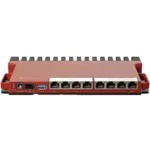





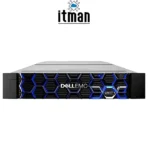
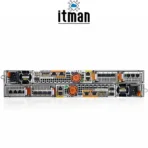
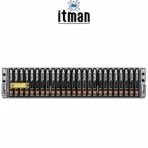
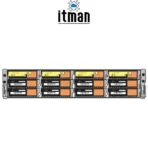
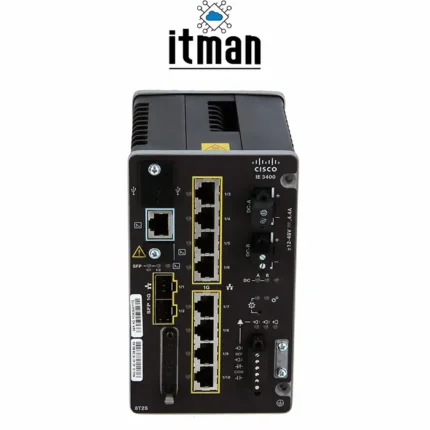
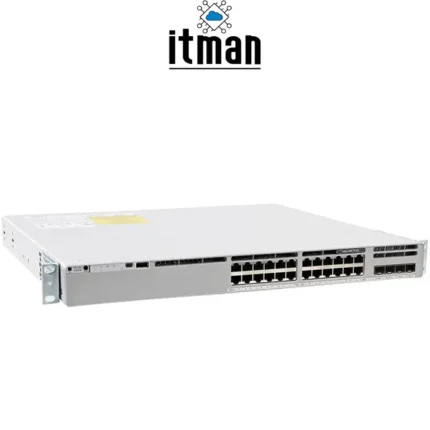

 ? Message us on
? Message us on 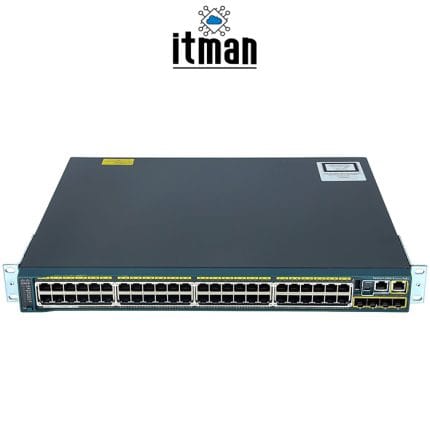
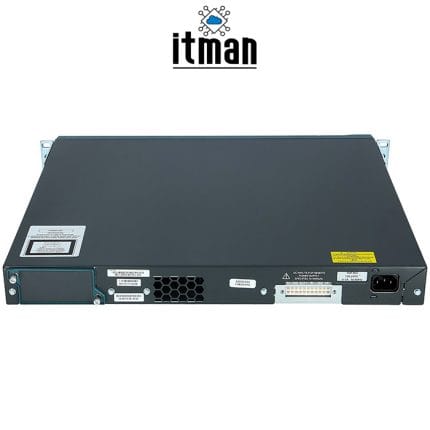
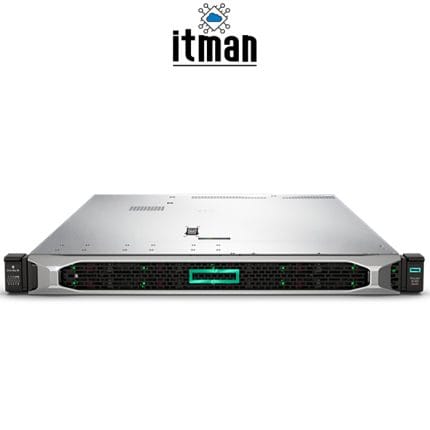
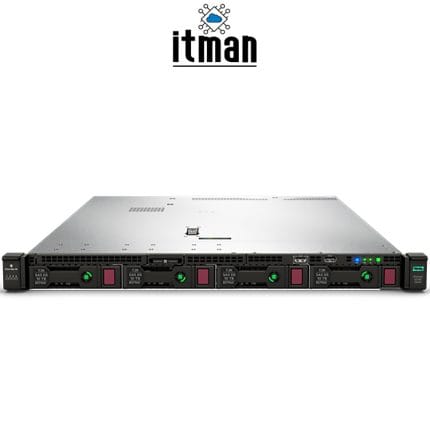
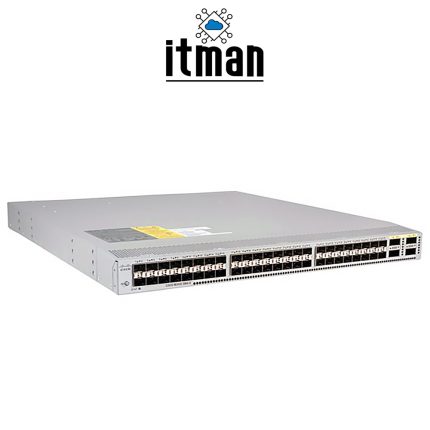
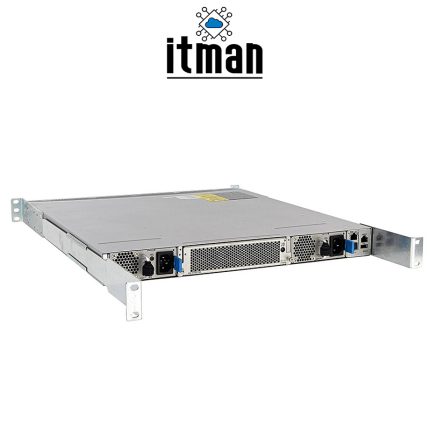
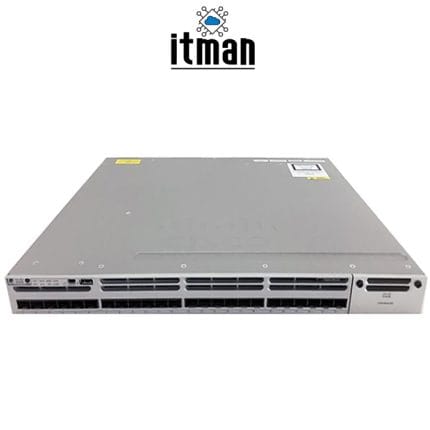
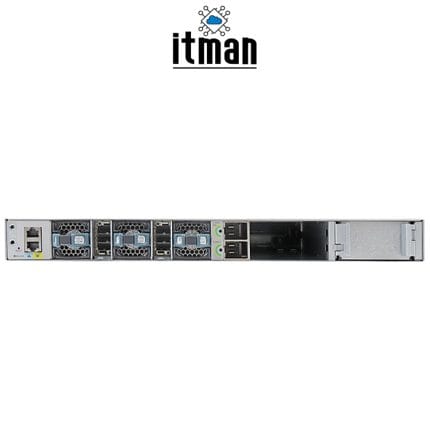
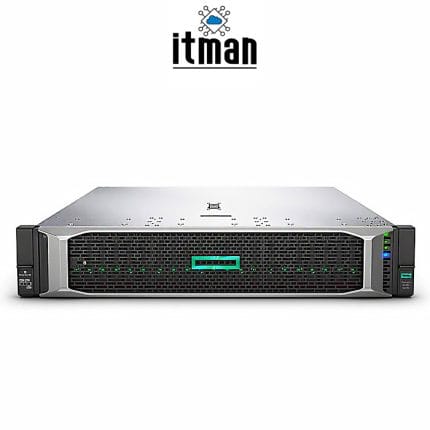
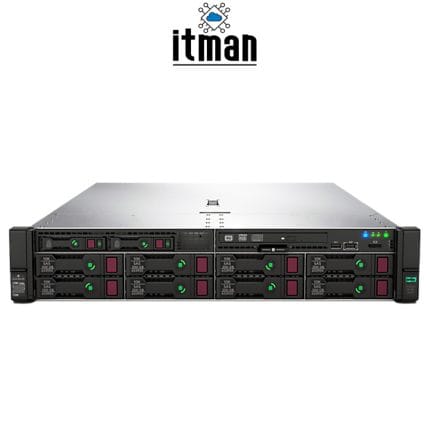
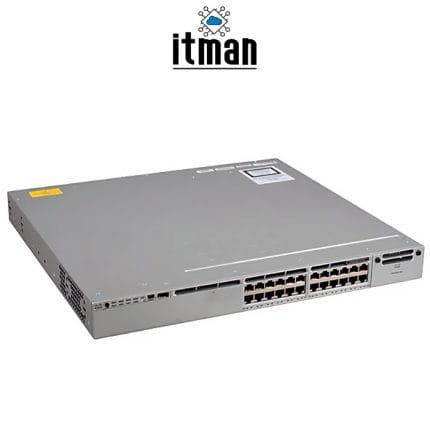
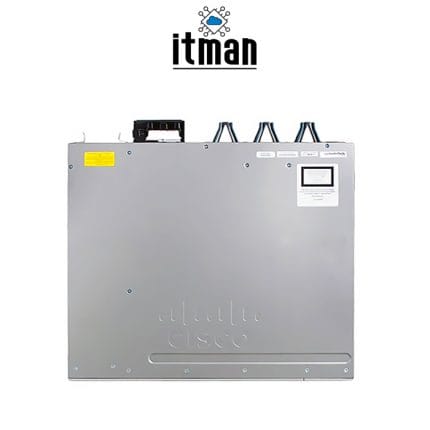
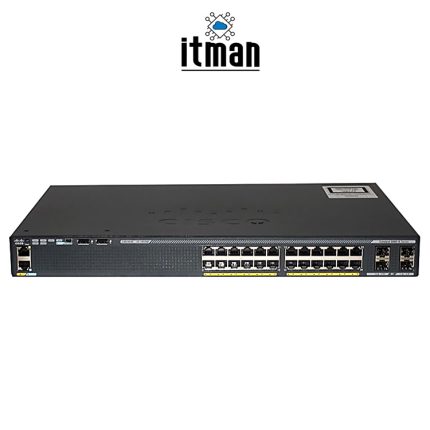

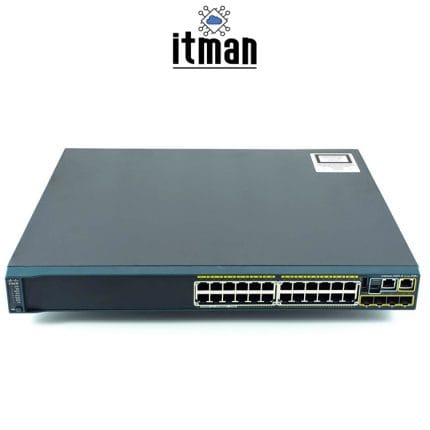
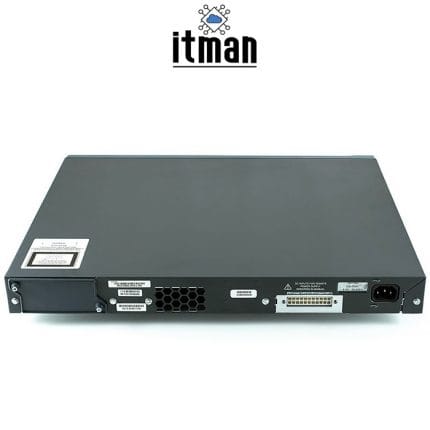








Reviews
There are no reviews yet.